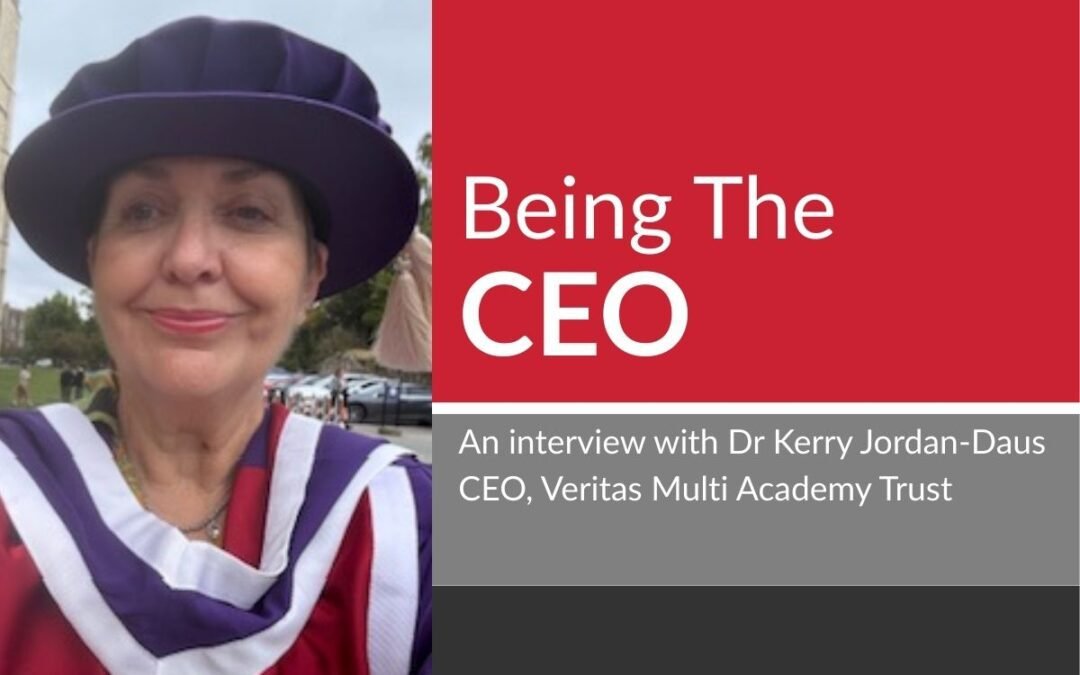Please note: CEO, COO and Education Executive members of Forum Strategy have received a full email briefing on the white paper and have been able to access a follow up discussion and reflection session today.
Today’s launch of the Schools White Paper heralds one of the defining days for the academy trust system. It feels not dissimilar to that day of a few years ago when Nicky Morgan launched, and then soon aborted, her attempt to create a fully academised system by 2022. Well, here we are in 2022, and we’re back to the future for academy trust leaders and the system.
Today’s document certainly shares the intention for a fully academised system, and is much more likely to be successful. The trust sector is five years further into its maturity and the timeframe for full academisation is much more conservative this time around – with an ambition that by 2030, all children will benefit from being taught in a family of schools, with their school in a strong academy trust or with plans to join or form one. There’s some funding behind it too – with an £86 million pot of money being made available to grow and strengthen trusts in particular areas of need, ‘Education Investment Areas’. However, it’s not yet really clear how (or indeed if) full academisation is going to be mandatory by 2030, or if this is just a strong expectation.
The positives
There are some positives from the white paper. Forum Strategy has long expressed a need for trusts at the heart of their communities – trusts that have schools that are geographically close and have a strong sense of community leadership, local identity and local partnerships with other civic organisations. However, we’ve also been very cautious about the potential effect of local monopolies or locally dominant trusts – with the risk of reducing parental choice and healthy competition between trusts. The white paper states that “The DfE will carefully monitor the size of trusts….while there will be no maximum size of trust, we will limit the proportion of schools in local areas that can be run by an individual trusts.” That’s a sensible and much needed proposal. The former RSCs, now Regional Directors, will be the commissioners of this, ensuring that a number of ‘strong trusts’ become established in any one region, to ensure that there is sufficient choice.
The white paper is also a step forward in that it encourages trusts to seize the opportunities for wider partnerships – generating a new collaborative standard that requires trusts to work constructively with each other, their local authorities and the wider public and third sectors. It states that all trusts should have local governance arrangements to reinforce their responsiveness to local communities and parents. This is a positive development too, however, we know that this is simply the basis of what is possible – and that many trusts are already generating innovative local partnerships and a strong sense of pure accountability to parents and communities through these and many other strategies. The Department is, encouragingly, setting an expectation, but it isn’t setting the bar – that’s already happening in some trusts.
Missing the mark?
The white paper misses the mark, in my opinion, in a number of areas. Allowing Local Authorities to set up trusts will create more confusion and division, not more cohesion. This white paper was a real opportunity for the government to clarify the role of local authorities ‘in relation’ to trusts; yet it does the exact opposite because of this proposal. There is also a question of what this means for relationships between trusts and the LA in authorities where there is room for significant academisation. Will those LAs work proactively with trusts in the best interests of what is right for all the schools, or will it generate local small ‘p’ politics, posturing and potential for conflicts of interest? There is an enormous amount of work and thinking still to be done here to ensure that this is practical and compliant, never mind that it doesn’t undermine local collaboration and partnership between trusts and local councils.
A key statement in the document is the expectation that most trusts will need to be on a trajectory to either serve a minimum of 7.500 pupils or run at least ten schools. That is key to achieving improvement capacity, scale for investment and innovation, and the necessary local partnerships upon which trusts thrive; but most leaders of small trusts will be left wondering exactly what help and support they will receive to do this – especially if they are outside on of the so-called Education Investment Areas. Nicky Morgan’s tight timeframe for academisation and clear message that it was going to be mandatory galvanised maintained schools to begin engaging with growing trusts – this white paper doesn’t quite have the same sense of urgency.
The White Paper also speaks of a new definition of what a strong trust is, but crucially, it uses the word ‘accountability’ alongside this. At Forum Strategy we’ve had some real concerns about an inspection framework for academy trusts, as we felt it could seriously undermine the autonomy and innovation so valued by trust leaders, as trusts (like too many schools) could potentially shift to ticking the boxes and become straight-jacketed in their ambitions for judgment. It’s still unclear how well-defined this definition of a ‘strong trust’ is and how it will be used. Will it simply be a set of principles that trusts can follow and work to, whilst they respond to and adapting to local context; or will it be more powerful and prescriptive than that – ultimately acting as a document that trusts need to fulfill and comply with to grow or access greater funding – an alternative straight-jacket to an inspection framework? Our fear is the use of the word accountability within the document in relation to this definition of ‘strong trust’ means that – in practice – the DfE is proposing an alternative to an Ofsted inspection framework with a different kind of accountability document. Parents can already hold their schools (and through them their trusts) to account through the current Ofsted framework and the publicly shared outcomes of summary evaluations of trusts (if they were to be scaled up). Trusts should be accountable for finances, compliance and the performance of their schools – but this is already possible and extensive. Is what is being proposed here a broader accountability model that defines the very substance of what it means to run and operate a trust? If so, academy trust autonomy and freedom as we know it may be consigned to history.
CEO development needs to be of high quality, and not undermine what’s already happening
Finally, the DfE has a big task in ensuring the system has the leadership capacity for academisation at scale. The white paper puts forward a proposal for a government ‘launched’ CEO development programme. It’s important that CEOs – as experienced professionals and leaders – are able to exercise real choice here in their own professional development and the programmes they access. As an organisation that has run an established and successful CEO programme for some time, and been at the cutting-edge of thought leadership in this area, the DfE needs to be reaching out to organisations like ours to understand how – generally – capacity around CEO leadership development can be achieved in practice. It should not risk undermining the efforts and investment undertaken by existing, high quality, providers by simply flooding the market with alternative programmes irrespective. It’s also important that CEOs can access programmes – such as ours – that draw on a wide range of expertise from both within and beyond the sector; as rich learning around the role of CEO requires going beyond the expertise and experience that sits within education – valuable thought that is. Getting CEO development right is hard work and the product of many years of development and innovation. Developing such a programme will require significant expertise and co-ordination if it is going to be of a high standard and successful. Capacity and expertise exists in the system already, and the DfE should also seek to support and engage with organisations like ourselves – who are already delivering and investing in this area – on how CEOs can be best supported for the future.
The verdict
This is a white paper that has come to some important realisations about the potential role of trusts in their communities, the need to ensure there’s diversity and choice in the academy system; and the need for all trusts to reach a sustainable position in terms of size and scale – both for school improvement capacity and financially. However, there are elements of it that need careful thought, not least around the potential conflicts associated with bringing LAs back into running trusts, and the unintended consequences of a national definition for a strong trust and how this could erode freedom and innovation when significant accountability and oversight already exists. There’s much more thinking and work to be done, and the devil is to be found in much of the yet, still to be seen, detail.
Michael Pain is the Founder of Forum Strategy. He is the author of Being The CEO, one of the first major books on academy trust leadership, the Being The CEO framework, and a qualified executive coach.


